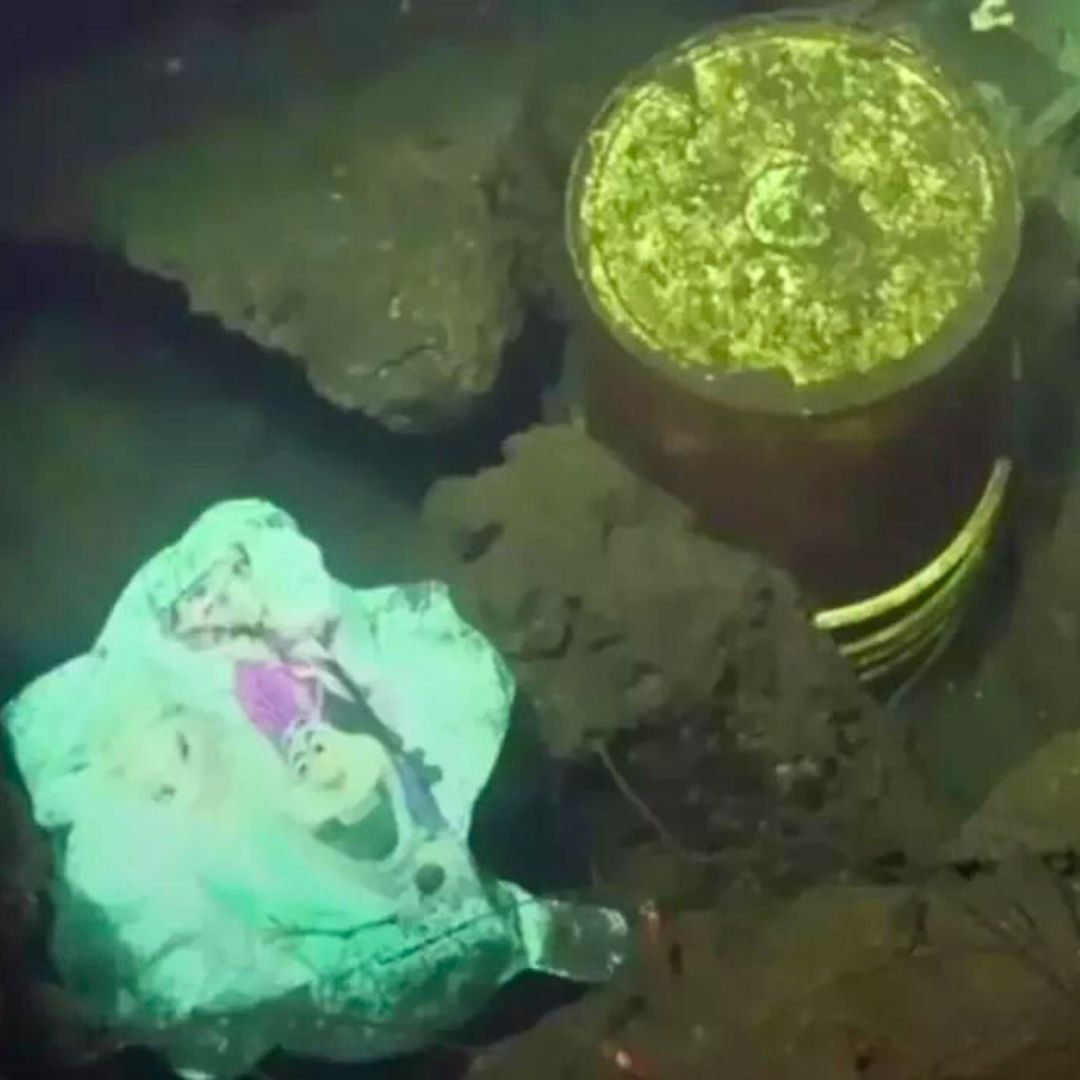Once thought to be an untouched abyss, the Mariana Trench—the deepest point in the ocean—has become yet another victim of human pollution. The disturbing discovery of a plastic bag at the trench’s bottom has revealed the grim reality that no corner of the planet is safe from the far-reaching effects of plastic waste. This shocking find serves as a powerful reminder of the growing plastic pollution crisis and its devastating impact on marine ecosystems.
The Mariana Trench: A Hidden World Teeming with Life
Although the Mariana Trench may appear to be a barren and lifeless chasm, it is, in fact, home to a variety of marine species. Creatures such as jellyfish, coral, and octopuses have been discovered in these depths, thriving in one of the most extreme environments on Earth. Unfortunately, this fragile ecosystem is now threatened by the pervasive presence of plastic pollution.
A study conducted using the Deep-Sea Debris Database revealed that 17% of plastic debris images from the trench depicted interactions with marine life. These encounters included entanglement and ingestion, highlighting the immediate dangers that plastic poses to the ocean’s inhabitants.
Plastic Pollution: A Global Environmental Crisis
Plastic pollution is a growing global crisis with far-reaching environmental, wildlife, and human health impacts. Single-use plastics, like the plastic bag found in the Mariana Trench, are one of the primary offenders. These items are used briefly and then discarded, finding their way into the ocean through a variety of channels.
The Deep-Sea Debris Database study further revealed that plastic is the most common form of debris found in the ocean, with plastic bags making up a significant portion. Alarmingly, 89% of the plastic discovered in the trench was single-use, underscoring the severe environmental damage caused by disposable plastics.
The Far-Reaching Impact of Plastic Waste
The remote location of the Mariana Trench might suggest that humanity bears little responsibility for the plastic pollution found there. However, this assumption is far from accurate. The plastic waste found in the trench is a direct result of human activity, with 80% of oceanic plastic pollution originating from land-based sources, while 20% comes from transport vessels.
A significant portion of the plastic waste in the oceans flows from ten major rivers that pass through highly populated regions, carrying discarded plastics from human activities. Additionally, discarded fishing gear is a major contributor to oceanic plastic waste, often found in massive garbage patches like the Great Pacific Garbage Patch.
The Chemical Threat of Plastic Pollution
Plastic pollution not only endangers marine life but also introduces harmful chemical pollutants into the ocean. As plastic degrades, it breaks down into smaller pieces known as microplastics, which can accumulate in the water and eventually settle on the ocean floor. The Mariana Trench is no exception, with microplastics and chemical pollutants reaching its depths.
Research suggests that these chemical pollutants are partially caused by the breakdown of plastics, raising concerns about the long-term effects on marine ecosystems and the species that depend on them.
Conclusion: A Call to Action
The discovery of a plastic bag in the Mariana Trench serves as a wake-up call to the world. It demonstrates the widespread consequences of unchecked plastic consumption and poor waste management. To combat this crisis, urgent action is required on a global scale.
Initiatives to address plastic pollution are already in motion, including promoting reusable alternatives, strengthening recycling programs, and implementing stricter regulations on plastic production and disposal. However, much more needs to be done. Raising awareness and encouraging individuals, corporations, and governments to adopt sustainable practices are critical steps in protecting our oceans for future generations.
Let the plastic bag found in the Mariana Trench be a stark reminder of the urgent need to take action before it’s too late.






